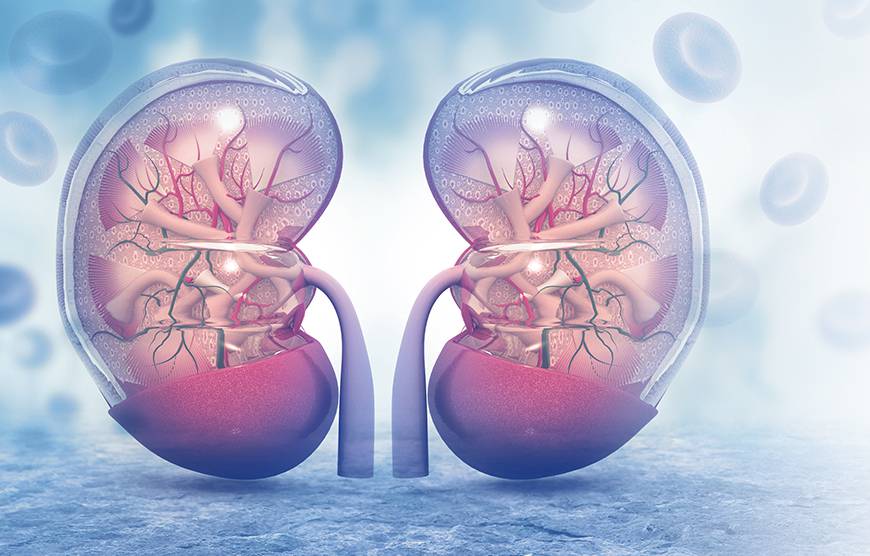
What are urinary tract stones?
Urinary tract stones are solid build-ups of crystals made from minerals and proteins found in urine.
Urinary tract stones begin to form in a kidney and may enlarge in a ureter or the bladder. Depending on
where a stone is located, it may be called a kidney stone, ureteral stone, or bladder stone.
Risk factors
Factors that increase your risk of developing urinary tract stones include:
Family or personal history. If someone in your family has kidney stones, you're more likely to
develop stones, too. And if you've already had one or more kidney stones, you're at increased risk
of developing another.
Dehydration. Not drinking enough water each day can increase your risk of kidney stones. People
who live in warm climates and those who sweat a lot may be at higher risk than others.
Certain diets. Eating a diet that's high in protein, sodium (salt) and sugar may increase your
risk of some types of kidney stones. This is especially true with a high-sodium diet. Too much
salt in your diet increases the amount of calcium your kidneys must filter and significantly
increases your risk of kidney stones.
Being obese. High body mass index (BMI), large waist size and weight gain have been linked to an
increased risk of kidney stones.
Digestive diseases and surgery. Gastric bypass surgery, inflammatory bowel disease or chronic
diarrhea can cause changes in the digestive process that affect your absorption of calcium and
water, increasing the levels of stone-forming substances in your urine.
Other medical conditions. Diseases and conditions that may increase your risk of kidney stones
include renal tubular acidosis, cystinuria, hyperparathyroidism, certain medications and some
urinary tract infections.
What are the symptoms and problems that can arise from urinary tract stones?
A kidney stone may not cause symptoms until it moves around within your kidney or passes into your ureter — the tube connecting the kidney and bladder. At that point, you may experience these signs and symptoms:
- Severe pain in the side and back, below the ribs
- Pain that radiates to the lower abdomen and groin
- Pain that comes in waves and fluctuates in intensity
- Nausea and vomiting
- If an infection is present:
- Fever, chills
- Pain on urination
- Persistent need to urinate
- Urinating more often than usual
- Cloudy or foul-smelling urine
- Pink, red, or brown urine
- Urinating small amounts, which may suggest blockage of the ureter

Pain caused by a kidney stone may change — for instance, shifting to a different location or increasing in intensity — as the stone moves through your urinary tract.
How are urinary tract stones diagnosed?
If your doctor suspects you have a kidney stone, you may have diagnostic tests and procedures, such as:
Blood testing. Blood tests may reveal too much calcium or uric acid in your blood. Blood test results help
monitor the health of your kidneys and may lead your doctor to check for other medical conditions.
Urine testing. The 24-hour urine collection test may show that you're excreting too many stone-forming
minerals or too few stone-preventing substances.
Imaging. Imaging tests may show kidney stones in your urinary tract. Options range from simple abdominal
X-rays, ultrasounds or computerized tomography (CT scans).
Analysis of passed stones. You may be asked to urinate through a strainer to catch stones that you pass.
Lab analysis will reveal the makeup of your kidney stones. Your doctor uses this information to determine
what's causing your kidney stones and to form a plan to prevent more kidney stones.

How are urinary tract stones treated?
Treatment for kidney stones varies, depending on the type of stone and the cause.
Small stones with minimal symptoms
Many small kidney stones won't require treatment. You may be able to pass a small stone by:
- Drinking water. Drinking as much as 2-3 litres a day may help flush out your urinary system. Unless your doctor tells you otherwise, drink enough fluid — mostly water — to produce clear or nearly clear urine.
- Pain relievers. Passing a small stone can cause some discomfort. To relieve mild pain, your doctor may prescribe pain killers.
- Medical therapy. If the small stone is in the ureter, your doctor may give you a medication to help pass the stone. This type of medication, known as an alpha blocker, relaxes the muscles in your ureter, helping you pass the stone more quickly and with less pain.
Large stones and those that cause symptoms
Urinary tract stones that can't be treated with conservative measures — either because they're too large
to pass on their own or because they cause bleeding, blockage of the kidney or ongoing urinary tract
infections — will require more active treatment.
Procedures may include:






